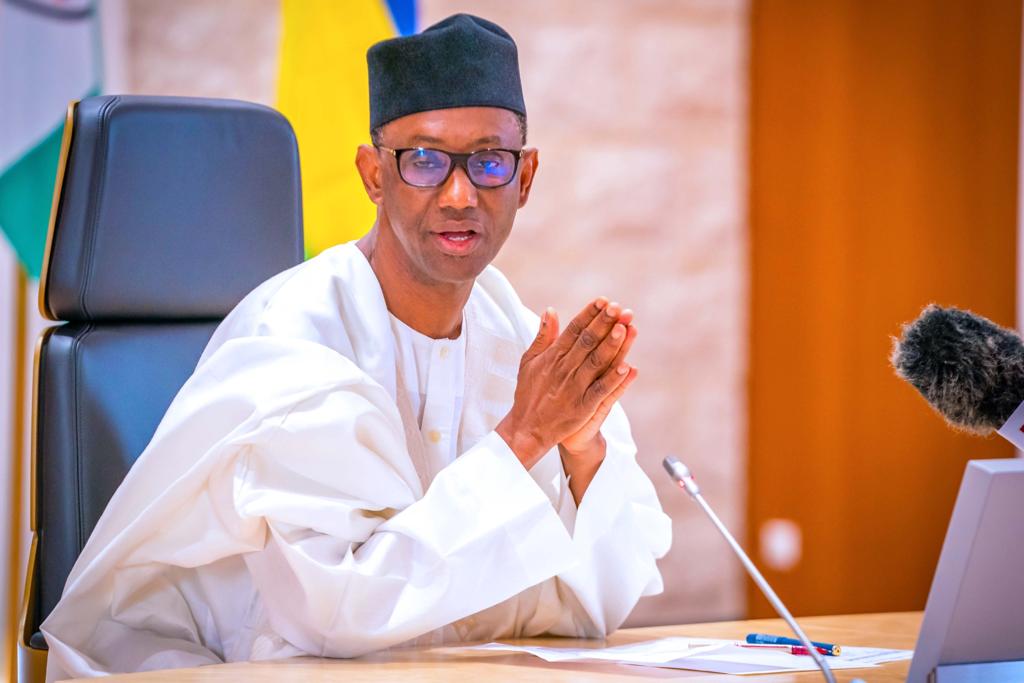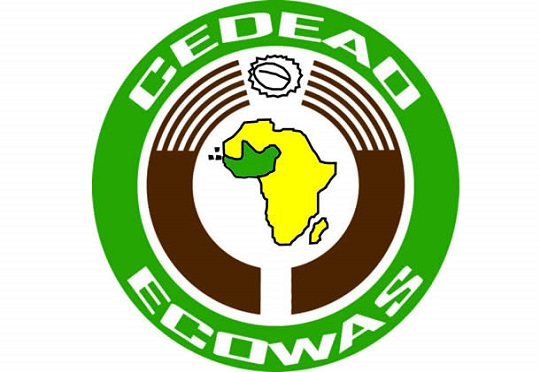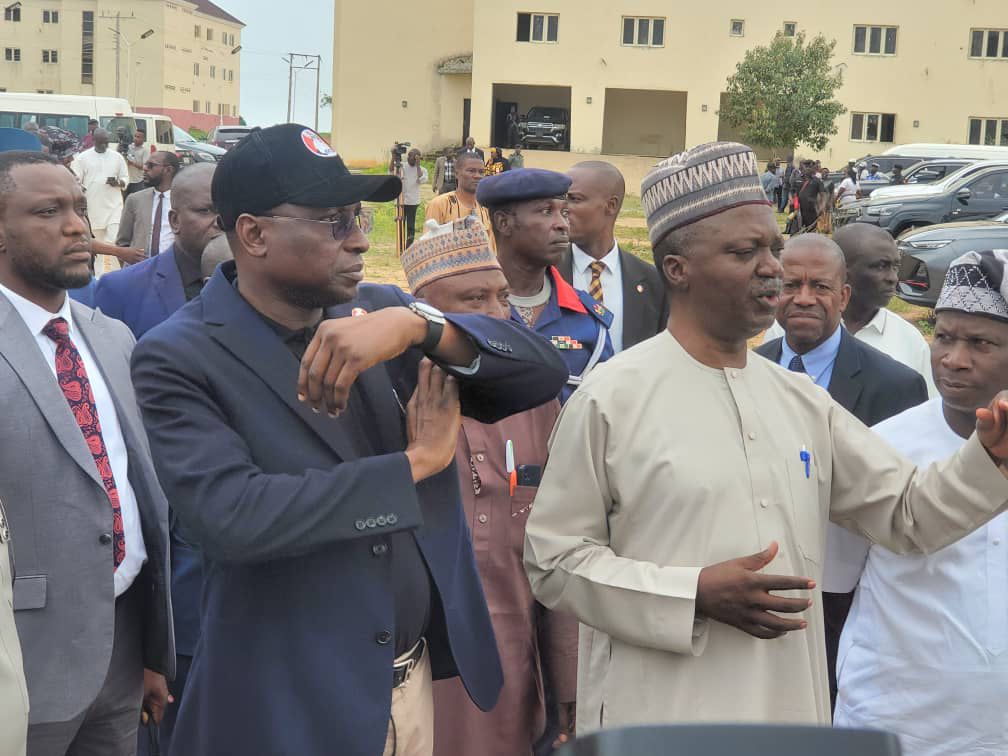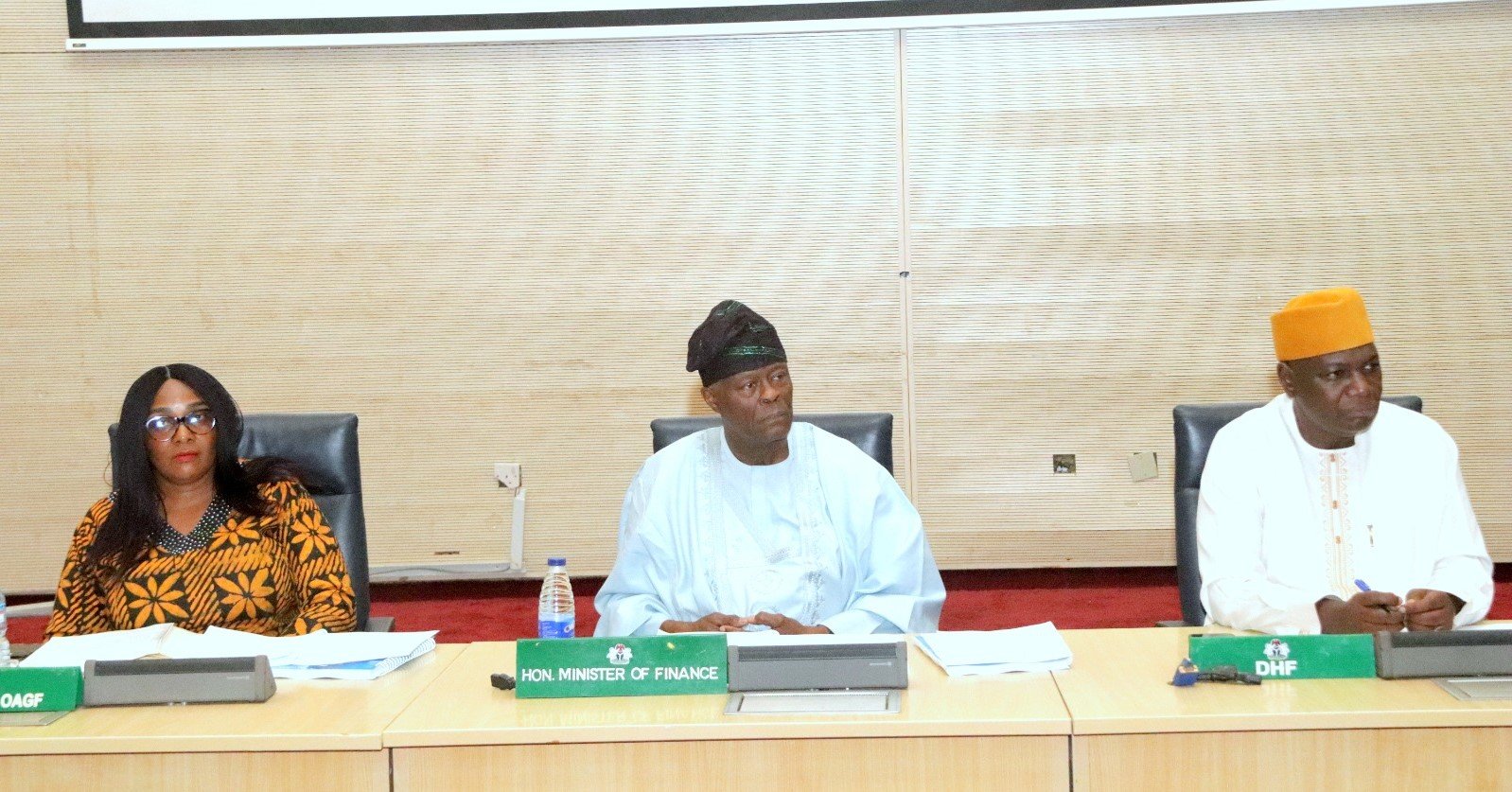Nigerian Foreign Minister Woos US Govt With Mineral Resources In Exchange For Visa Access For Government Officials, Businessmen | Sahara Reporters
Speaking during the 54th Ordinary Session of the Economic Community of West African States (ECOWAS) Mediation and Security Council at the Ministerial Level in Abuja, Tuggar, who also chairs the Council, raised the alarm over recent reports suggesting that US visa restrictions may now apply across all ECOWAS member states.
Nigeria’s Minister of Foreign Affairs, Ambassador Yusuf Tuggar, has signalled a strategic offer to the United States: access to critical earth minerals in exchange for easing visa restrictions on government officials.
Speaking during the 54th Ordinary Session of the Economic Community of West African States (ECOWAS) Mediation and Security Council at the Ministerial Level in Abuja, Tuggar, who also chairs the Council, raised the alarm over recent reports suggesting that US visa restrictions may now apply across all ECOWAS member states.
Describing such measures as “non-tariff barriers to trade, diplomacy, and regional prosperity,” the minister argued that the blanket visa policy could undermine key economic and security partnerships between the United States and the West African region.
Highlighting West Africa’s mineral wealth, Tuggar pointed to the growing importance of critical and rare earth elements in global technology and defense supply chains.
“We possess critical minerals and even rare earths such as Samarium from the Monazite found in my home State of Bauchi,” he disclosed.
“It would be most unfortunate if it comes to pass, because we are a region of opportunities ready to do deals,” Tuggar stated.
“We would like to do deals with the US, but visa restrictions are non-tariff barriers to trade, diplomacy, and regional prosperity."
In a direct appeal to Washington, Tuggar emphasized the need for mutual cooperation grounded in access and mobility.
“ECOWAS countries and the US have a rare opportunity to create a partnership based on principles of need. We are also a strategic alternative to more distant and politically divergent energy producers,” he said.
Positioning the region as an indispensable partner in global trade, Tuggar added, “We in this part of the world are students of the Art of the Deal and have been part of the international trading system even before the modern state system.”
He stressed that the success of any future collaboration hinges on the removal of barriers to mobility.
“We will do deals for our prosperity; the only question is with whom? Who takes up the opportunities in our region by allowing government officials and technocrats, business executives and entrepreneurs to travel freely back and forth to close the deals?” he asked.
Previously, SaharaReporters reported that the Donald Trump administration is considering sweeping travel restrictions that could bar citizens of Nigeria and 35 other countries from entering the United States, according to a memo signed by Secretary of State Marco Rubio.
The memo, which was sent to U.S. diplomats working with the affected nations on Saturday, outlines a 60-day deadline for those governments to meet newly established benchmarks by the State Department.
According to Washington Post, internal directive gives the countries until 8 a.m. Wednesday to submit an initial action plan addressing the U.S. demands.
“Some countries had ‘no competent or cooperative central government authority to produce reliable identity documents or other civil documents,’ or they suffered from ‘widespread government fraud,’” the memo stated.
The proposed restrictions are part of a broader executive order Trump signed in early June, targeting countries with high instances of terrorism threats, visa overstays, or unreliable identity verification systems.
Trump’s remarks during a national address framed the measure as a necessary national security step.
"Very simply, we cannot allow open migration from any country where we cannot safely and reliably vet and screen those seeking to enter the United States,” Trump said when he announced initially that twelve countries were restricted from the United States.
He went further to say; “That is why today I am signing a new executive order placing travel restrictions on countries including Yemen, Somalia, Haiti, Libya, and numerous others.”
The memo for the new restrictions on countries lists the following : Angola; Antigua and Barbuda; Benin; Bhutan; Burkina Faso; Cabo Verde; Cambodia; Cameroon; Democratic Republic of Congo; Djibouti; Dominica; Ethiopia; Egypt; Gabon; Gambia; Ghana; Ivory Coast; Kyrgyzstan; Liberia; Malawi; Mauritania; Niger; Nigeria; Saint Kitts and Nevis; Saint Lucia; Sao Tome and Principe; Senegal; South Sudan; Syria; Tanzania; Tonga; Tuvalu; Uganda; Vanuatu; Zambia; and Zimbabwe.
The administration expressed concerns not only about weak identity systems but also about "the availability of citizenship by monetary investment without a requirement of residency" and alleged "antisemitic and anti-American activity in the United States" by nationals from some of the listed countries.
The memo also notes that any of the countries may reduce the severity of restrictions if they demonstrate willingness to cooperate with U.S. immigration enforcement efforts. This could include accepting deported third-country nationals or entering a “safe third country” agreement.
Although the exact timeline for implementing the proposed restrictions remains unclear, the State Department has made it known that failure to comply with the benchmarks could lead to immediate visa limitations or entry bans.
The directive follows a similar pattern to Trump’s first-term travel bans, which were heavily criticized for disproportionately targeting Muslim-majority and African countries. In the new order, additional nations such as Chad, Congo, Equatorial Guinea, Eritrea, Sudan, Afghanistan, Myanmar, Iran, and Haiti are also said to be under scrutiny.
Trump linked the renewed push for immigration restrictions to a recent violent incident in Boulder, Colorado, where 12 people were injured during an attack on a gathering held in support of Israeli hostages. While investigations are ongoing, Trump cited the event as further evidence of the risks posed by inadequate immigration controls.










